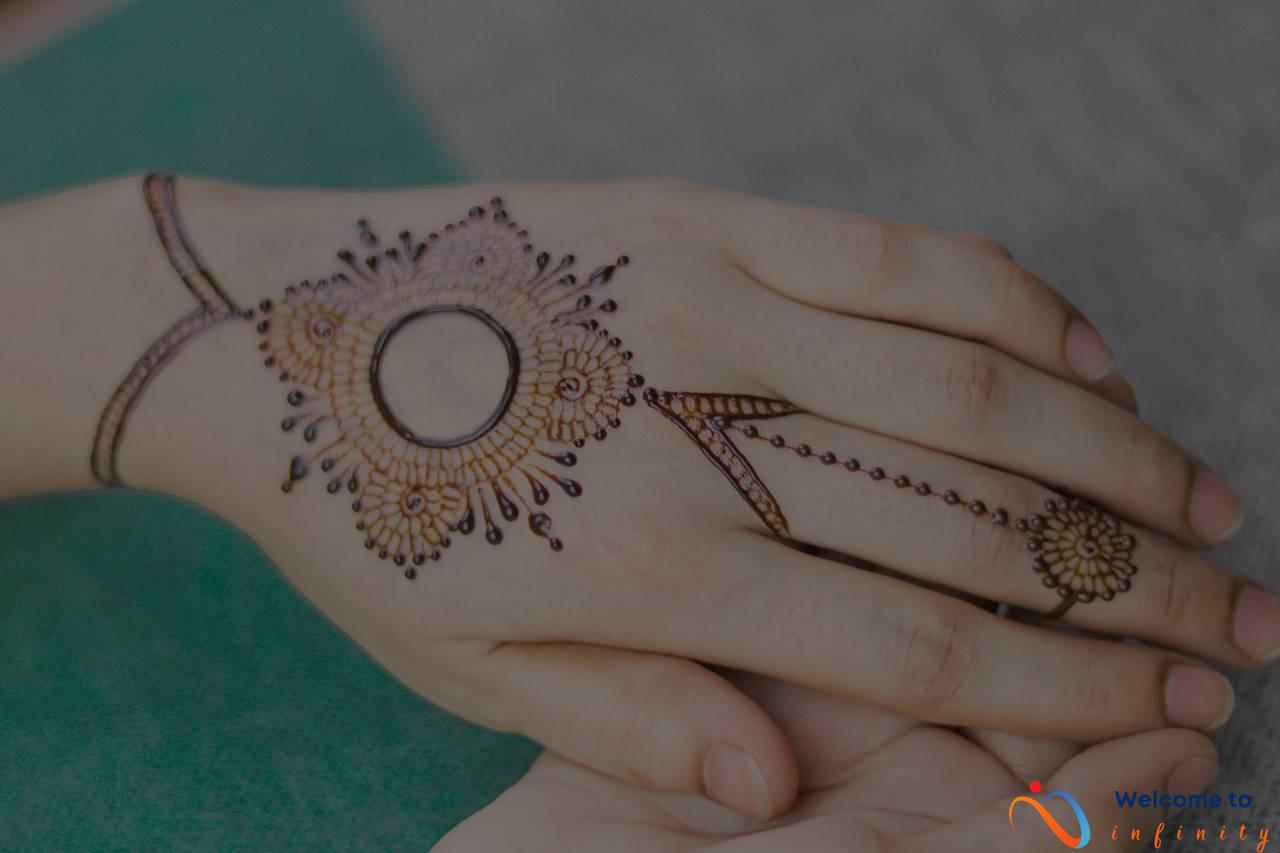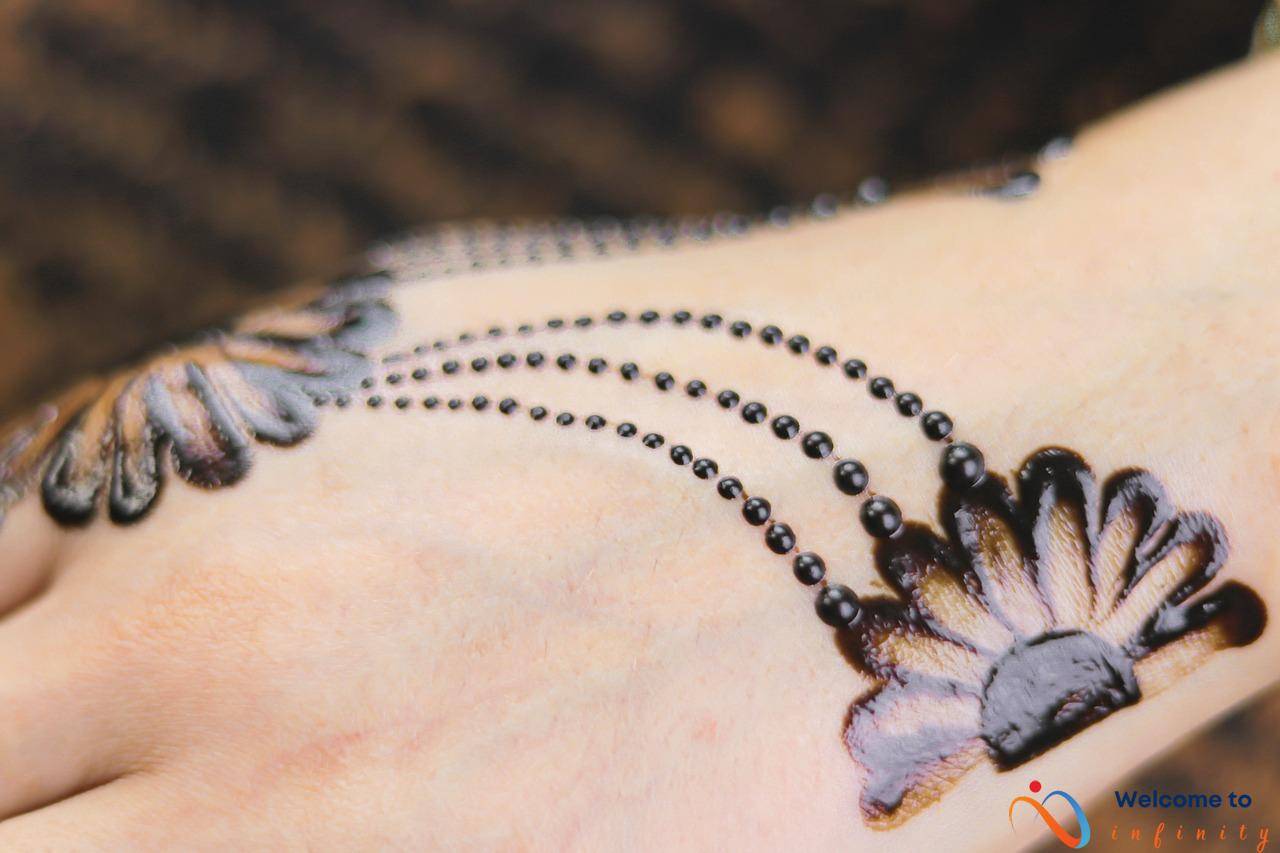Getting a tattoo is not just about choosing the design and the artist. Proper aftercare is just as important as the inking process itself. If you want to keep your ink looking vibrant for years to come, pay attention to these tattoo aftercare tips.
First, keep the tattooed area clean and dry. Avoid soaking it in water for at least two weeks or until the skin has fully healed. Use a mild soap to clean the area gently, then pat it dry with a clean towel. Avoid rubbing or scrubbing the skin, as it can damage the tattoo and promote infection.
Another important tip is to avoid exposing your tattoo to direct sunlight for a prolonged period. Sun exposure can cause your tattoo to fade and lose its vibrancy. When you do have to go out, make sure to apply sunscreen on the tattooed area. Opt for a sunscreen with a high SPF and reapply it every few hours.
Proper hydration is also critical for tattoo aftercare. Drink plenty of water and use a high-quality, non-scented moisturizer to keep your skin adequately hydrated. Dry skin can cause itching and peeling, which can damage the tattoo.
Lastly, avoid wearing tight clothes that can rub against the tattooed area. Tight garments can irritate the skin and cause inflammation, which can lead to fading ink. Also, try to avoid any physical activities that may cause sweating as sweat can exacerbate itching and peeling.
By following these simple tips, you can ensure that your tattoo remains vibrant and beautiful for years to come.
Dos and Don'ts of Tattoo Aftercare
Getting a tattoo is a personal and unique form of self-expression and art. However, maintaining its vibrancy and beauty requires proper aftercare. Following the right steps after getting a tattoo can help prevent infection and fading. Here are the dos and don'ts of tattoo aftercare.
- Do: Keep the bandage on for at least two hours after getting the tattoo.
- Don't: Take off the bandage too early or leave it on for too long, as this can disrupt the healing process.
- Do: Wash the tattoo gently with fragrance-free soap and warm water.
- Don't: Scrub or use rough materials to clean the tattoo, as this can cause damage to the skin and ink.
- Do: Apply a thin layer of moisturizer to the tattooed area to keep it hydrated.
- Don't: Use petroleum-based products or heavy creams, as these can clog pores and slow down the healing process. Choose a moisturizer specifically designed for tattoo aftercare.
- Do: Wear loose or breathable clothing to prevent rubbing and irritation of the tattooed area.
- Don't: Expose the tattoo to direct sunlight, as this can cause fading and damage to the skin. Use sunscreen with a high SPF to protect the tattoo from harmful UV rays.
Following these dos and don'ts can help ensure that your tattoo stays vibrant and beautiful for years to come. Remember to always follow the advice of your tattoo artist and seek medical attention if there are any signs of infection or complications.
Maintaining Your Tattoo
It's important to maintain your tattoo even after the initial healing period has passed. This means taking good care of it and avoiding anything that can damage or fade the ink. Here are some tips for maintaining your tattoo and keeping it looking its best:
- Avoid exposing your tattoo to sunlight for prolonged periods of time. The sun's UV rays can cause the ink to fade and diminish the tattoo's vibrancy. If you must be in the sun, apply a high SPF sunscreen to protect your tattoo.
- Avoid soaking your tattoo in water for long periods of time, especially in salt water or chlorinated pools. This can cause the ink to fade and the skin to become irritated. Try to limit water exposure and always dry your tattoo thoroughly after showering or swimming.
- Avoid wearing tight clothing that can rub against your tattoo and irritate the skin. Opt for loose, breathable clothing during the healing process and beyond to prevent any damage to the ink.
- Moisturize your tattoo regularly with a tattoo-specific moisturizer. Avoid using regular lotion as it may contain fragrances or chemicals that can damage the ink. Apply the moisturizer gently and evenly to prevent any irritation or damage to the tattoo.
By following these aftercare tips, you can maintain the vibrancy and longevity of your tattoo. Remember, proper aftercare is essential for keeping your ink looking its best, so take the time to care for it and avoid anything that can damage or fade the tattoo. If you have any concerns or questions, consult with your tattoo artist or a dermatologist for guidance on how to properly care for your tattoo.
Skincare Tips for Tattooed Skin
After getting a tattoo, it's important to take good care of your skin to ensure that your tattoo remains vibrant and healthy. Here are some skincare tips specifically for tattooed skin:
- Avoid using harsh soaps and scrubs on the tattooed area, as this can cause irritation and fading. Instead, opt for a gentle, fragrance-free soap and pat the area dry with a clean towel.
- Apply a thin layer of ointment or moisturizer to the tattooed area to keep it hydrated and prevent cracking. Be sure to use a product that is specifically formulated for tattoo aftercare.
- Avoid exposing your tattoo to direct sunlight for extended periods of time, as this can cause fading and damage. If you are going to be outside, be sure to wear protective clothing or use a sunscreen with at least SPF 30.
- Keep the tattooed area clean and dry, and avoid picking or scratching at the tattoo. This can cause scarring and fading.
- If you notice any signs of infection, such as redness, swelling, or discharge, contact your tattoo artist or a healthcare professional immediately.
By following these skincare tips, you can ensure that your tattoo stays vibrant and healthy for years to come. Remember, proper aftercare is just as important as getting a great tattoo.
The Importance of Sun Protection
While tattoos can be incredibly beautiful and expressive works of art, their vibrancy can be damaged by prolonged sun exposure. Sunlight fades tattoos over time by breaking down the pigments in the ink. This can cause the lines to blur and the colors to become muted, ultimately leading to a less vibrant and appealing tattoo.
To prevent sun damage to your ink, it's important to take precautions when you're spending time outdoors. One of the most effective ways to protect your tattoo from the sun's harmful rays is to keep it covered. Try wearing long sleeves or using a wide-brimmed hat to keep your tattoo out of direct sunlight. If you're planning on swimming, be sure to use waterproof sunscreen to protect your tattoo from the sun and prevent fading.
Another option is to use products that contain SPF to protect your tattoo while also getting the benefits of a moisturizer. Some good options include moisturizers or sunscreens specifically designed for tattoo aftercare, which is a vital part of maintaining the integrity of the tattoo. These will help hydrate the skin surrounding the tattoo while shielding it from the sun's rays.
- Remember the following when it comes to sun protection and tattoos:
- Keep your tattoos covered by clothing or other means when you're outdoors for long periods.
- Use waterproof sunscreen on your tattoo when swimming or sunbathing.
- Choose moisturizers or sunscreens specifically designed for tattoo aftercare.
By taking these simple yet essential steps, you can keep your tattoo looking as vibrant and fresh as the day you got it. Protecting your tattoo from the damaging effects of the sun will help ensure that you'll be able to enjoy your beautiful artwork for years to come.
Choosing the Right Moisturizer
moisturizing plays an essential role in keeping your tattoo looking vibrant and well-maintained. However, not all moisturizers are suitable for tattoo aftercare. The wrong type of moisturizer can cause irritation, clog pores, and lead to ink fading.
The best moisturizers for tattoo aftercare are fragrance-free and gentle on the skin. Look for a high-quality, water-based moisturizer that doesn't contain alcohol as it can dry out the skin and cause irritation. Additionally, steer clear of lotions that contain sunscreen as they may not be designed for use on tattoos and can cause ink fading. Instead, apply a separate, tattoo-safe sunscreen to protect your ink from damage caused by the sun.
If you have sensitive skin, make sure to choose a moisturizer that is hypoallergenic and formulated for sensitive skin types. Aloe vera gels or calendula lotions are excellent options for people with sensitive skin. These natural ingredients soothe the skin and help with inflammation. Alternatively, you can also use a fragrance-free, non-comedogenic moisturizer.
It's important to apply moisturizer to your tattoo regularly to prevent dryness and maintain ink vibrancy. We recommend applying moisturizer at least two to three times a day, but make sure not to overdo it. Applying too much moisturizer can cause the skin to become oily and lead to breakouts. Use a thin layer of moisturizer on your tattoo and spread it evenly across the skin.
To summarize, choosing the right moisturizer is crucial for maintaining your tattoo's vibrancy. Opt for a high-quality, water-based, fragrance-free, and non-comedogenic moisturizer that is gentle on your skin. Apply the moisturizer regularly but in moderation to prevent skin irritation and oiliness. With the right moisturizer, you'll keep your ink looking fresh and vibrant for years to come.
Tattoo Touch-Up: What You Need to Know
If you've invested in a tattoo, you want to ensure that it stays vibrant and looks its best for years to come. While proper aftercare can go a long way in keeping your tattoo looking fresh, touch-up work may be necessary down the line.
Even with the best aftercare, tattoos are still subject to fading, which can be caused by aging, sun exposure, or simply the passage of time. If you notice your tattoo losing some luster, don't panic. Touch-up work can help restore your ink to its former glory.
The process of tattoo touch-up involves going over the tattoo with new ink to fill in any areas that have faded or lost their vibrancy. This process helps to restore the tattoo's color and design and can also help with any areas where the ink was not applied evenly during the original tattooing process.
It's important to note that touch-up work is not needed for all tattoos. Typically, smaller tattoos or those in less exposed areas (such as the chest or back) may not require touch-ups as quickly as larger tattoos or those in more exposed locations (such as on the hands or feet).
When you do require touch-up work, it's important to find a reputable tattoo artist who can carry out the work effectively. They will talk you through the process and let you know how long after your original tattoo you might expect to require touch-up work. The length of time between touch-ups varies from person to person and can depend on factors such as skin type, amount of sun exposure, and the quality of the original tattoo work.
In conclusion, getting a tattoo is a commitment that requires aftercare and upkeep to keep looking its best. While not all tattoos will require touch-up work, it's important to be aware of the process and find a skilled artist if you do require extra attention to your ink.








